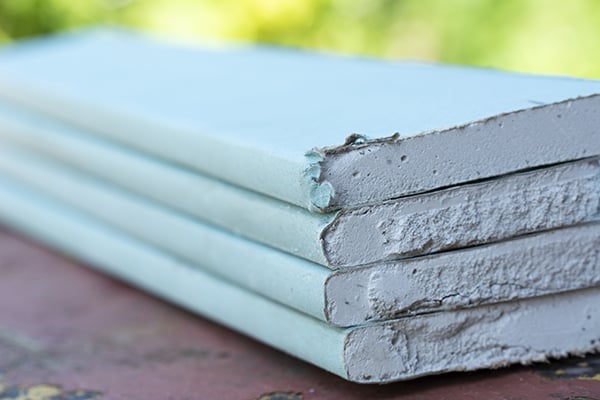Drywall, also known as gypsum board or plasterboard, is a widely used building material in the construction industry. It serves as the primary surface for walls and ceilings in residential and commercial buildings. Understanding the lifespan of drywall is crucial for homeowners, contractors, and architects alike. In this article, we will delve into the factors that influence the longevity of drywall and provide insights into how to maximize its lifespan.
- The Composition of Drywall:
Drywall is composed of a gypsum core sandwiched between two layers of paper. The gypsum core provides strength and fire resistance, while the paper layers offer protection and a smooth surface for finishing. This composition plays a significant role in determining the durability and lifespan of drywall. - Environmental Factors:
a. Humidity and Moisture: Excessive moisture can weaken drywall, leading to mold growth, warping, and deterioration. Proper ventilation and moisture control are essential to prevent moisture-related damage.
b. Temperature Fluctuations: Extreme temperature variations can cause expansion and contraction of drywall, leading to cracks and structural issues. Maintaining a stable indoor climate can help prolong its lifespan. - Installation Techniques:
a. Proper Joint Treatment: Drywall joints are vulnerable areas prone to cracking and separation. Skilled installation techniques, such as using joint compound and tape, can reinforce these joints and extend the lifespan of drywall.
b. Adequate Fastening: Securely fastening drywall to the framing with appropriate screws or nails prevents sagging and ensures structural integrity. - Maintenance and Care:
a. Regular Inspections: Periodic inspections can help identify any signs of damage or wear and tear. Prompt repairs can prevent further deterioration and extend the lifespan of drywall.
b. Surface Protection: Applying a protective coating, such as paint or wallpaper, can shield drywall from scratches, stains, and minor impacts, thereby increasing its longevity. - Lifespan Expectations:
The lifespan of drywall can vary depending on several factors. On average, well-maintained drywall can last anywhere from 30 to 70 years. However, it is important to note that this estimate is influenced by the quality of installation, environmental conditions, and maintenance practices.
Conclusion:
Drywall is a durable and versatile building material that can last for several decades when properly installed and maintained. By understanding the composition, environmental factors, installation techniques, and maintenance practices, one can maximize the lifespan of drywall. Regular inspections, moisture control, and surface protection are key to ensuring its longevity. Remember, investing in high-quality drywall and employing professional installation services can significantly contribute to its extended lifespan, providing a solid foundation for your living or working space.

